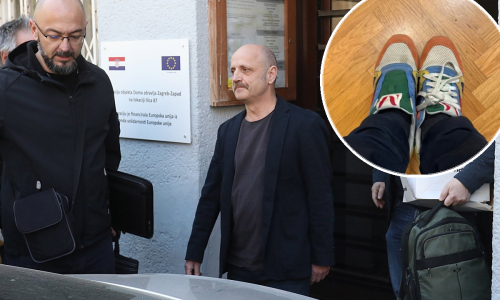All countries in Central and Eastern Europe (CEE) are expected to record GDP growth this year, reads a report published on Tuesday by UniCredit, voicing certain concern about budget discipline in Croatia, Poland and Hungary.
The regional GDP of Central and Eastern Europe will grow at 3.8 percent this year, up from 3.6 percent in 2010. Moreover, every country in the region, as covered by the banking network of UniCredit, is expected to show gains for the first time in four years, according to UniCredit's quarterly report.
"The new EU countries in particular have benefitted from a stronger German recovery as well as higher demand from Asia," says Gillian Edgeworth, head of UniCredit's department for the economies of Eastern Europe, Middle East and Asia.
The industry is expected to remain a key support for the region this year, though its contribution will slow down moderately from 2010.
"We should also see a more broad-based recovery in domestic demand in 2011, not only in stronger economies, but across the board."
Budget deficits in the region continue to consolidate but on the whole remain wider than in other emerging market regions. Last year's budget deficits in the region should average 5.4 percent before narrowing to 4.7 percent of GDP this year, the report reads.
Public debt will continue to rise in 2011 but remain broadly in line with other emerging market regions at less than 40 percent of GDP.
Even though trends in Croatia, Poland and Hungary are of certain concern, Turkey is a clear outperformer in budget discipline, reads the report, pointing to the fact that over the first ten months of 2010, Turkey's deficit was half that for the same period of 2009.
The crisis has brought the CEE's 'business model' into question and each country is now being assessed much more on its merits than as part of a group, Edgeworth said.
"The region can no longer take for granted an endless stream of capital inflow extended at low interest rates," she said.
UniCredit analysts expect that after Estonia's entry into the European Monetary Union and Croatia's inclusion into the EU, there will be no admission of new members to the euro area before 2015.




































